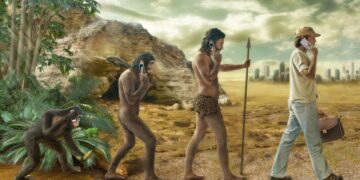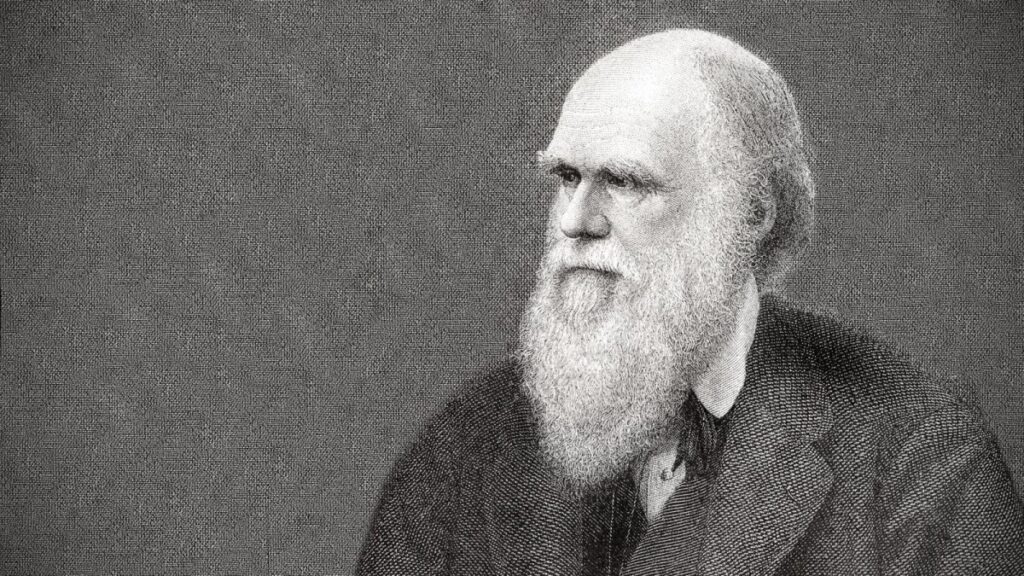Principles of the theory of evolution discovered by Charles Darwin are clear. The living species change over time, when the natural selection acts on populations, made up of individuals all different. The implications of this and other theories have yet to be understood by society. This is why we have approached evolution in reverse, starting from what it is not (but what everyone thinks it is).
The term evolution means a change over time. For instance, laptops have evolved over the last ten years. However, when biologists talk about evolution, they refer to the history of life. In particular, biological evolution means the development of the various species from ancestral species. The long process of evolutionary development depends on changes in DNA, mutations, which fundamentally change the biology of the organism.
When such changes are favorable to survival, they are retained. If a small population of a few individuals undergoes a significant number of changes – and is geographically isolated from other populations – a new species may emerge.
Many people see evolution as a long road that begins in the far past and has a specific goal, and that is the birth of our species, or other more evolved species. However, the process itself, as explained by Charles Darwin and deepened by evolutionists, is only based on the success of behaviors or other adaptations that allow survival in a particular environment, and then only in particular historical moments.
So there are no species more evolved than others or particularly “preferred” by natural selection. That cannot even work by predicting what might happen in the future.


















































Discussion about this post